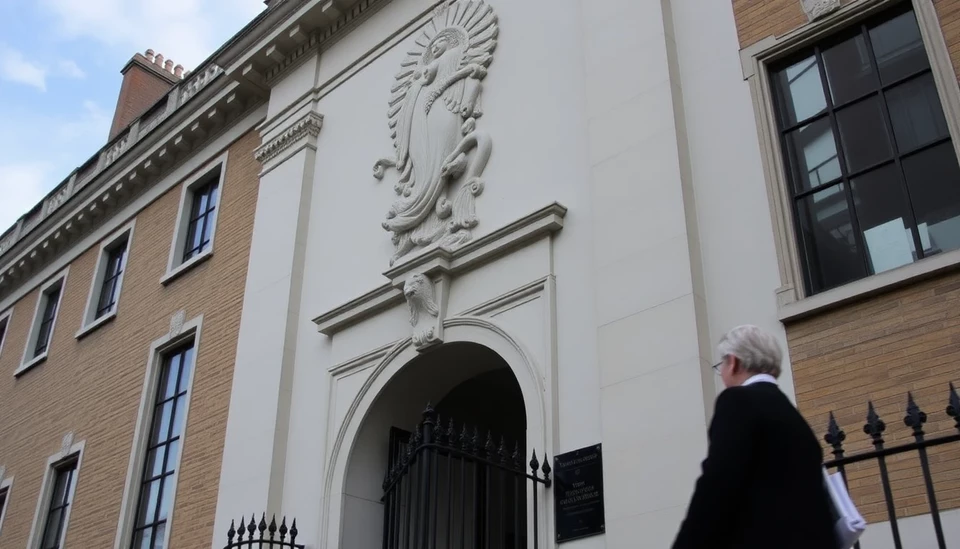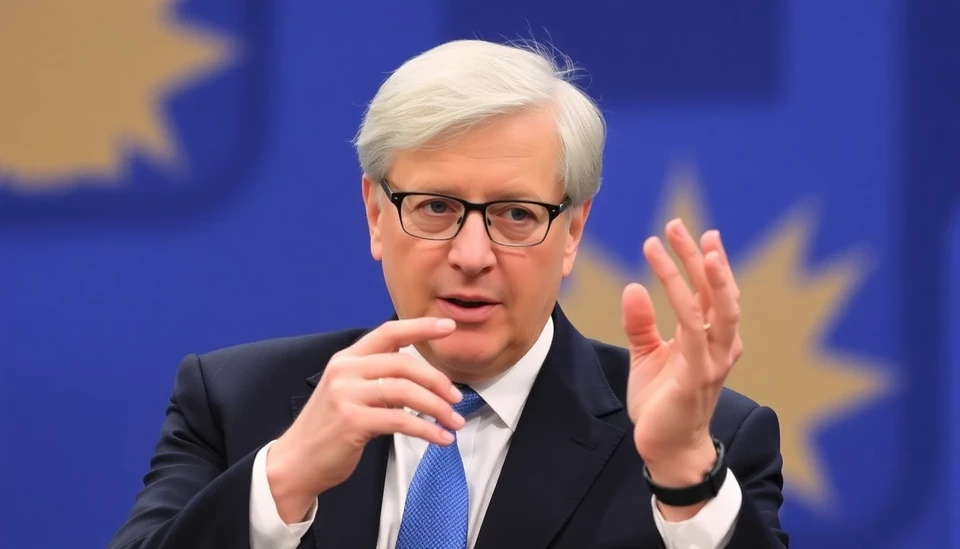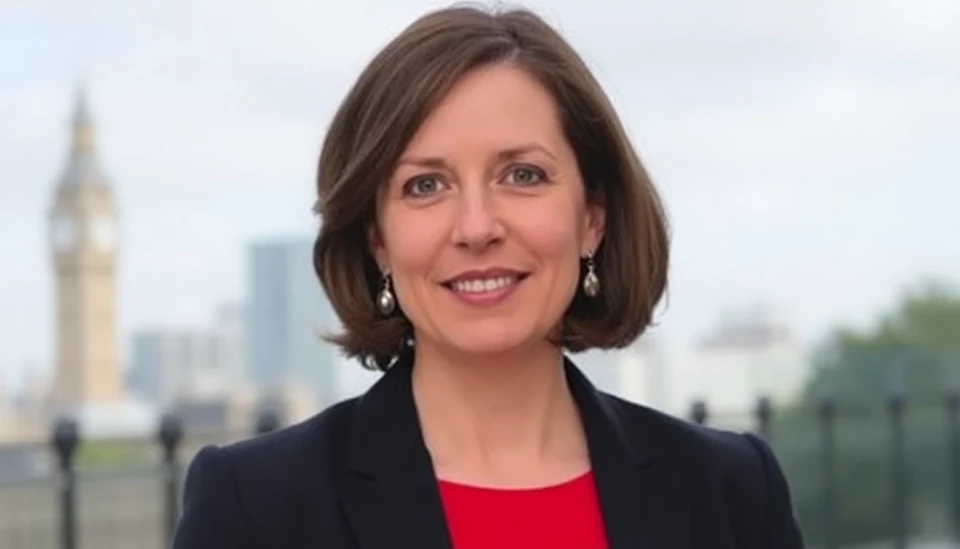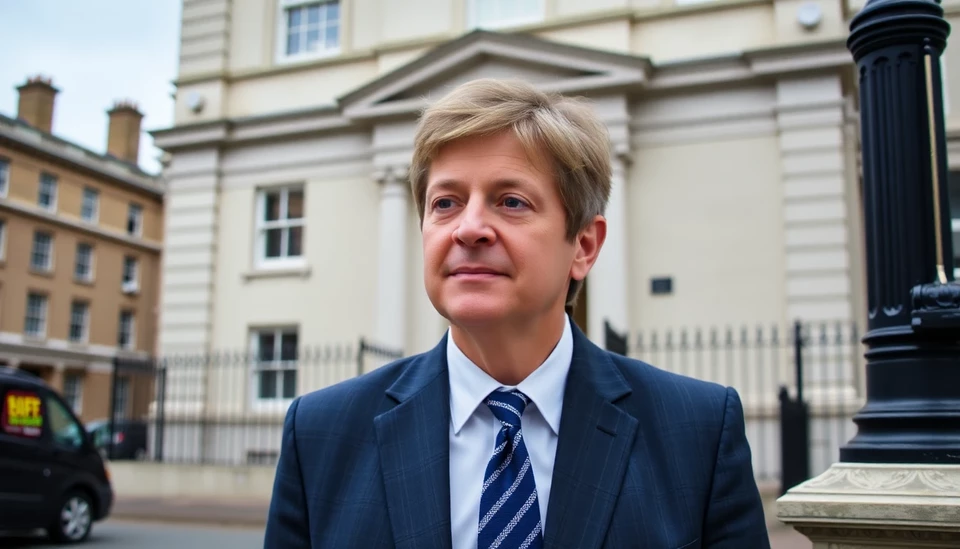
The recently unveiled UK budget has raised alarms among economists, as it potentially complicates the Bank of England's (BoE) ongoing struggle against inflation. Analysts are apprehensive that the government’s financial plans may necessitate prolonged interest rate hikes, further burdening consumers and businesses already grappling with rising costs.
Chancellor of the Exchequer, James Cleverly, presented a budget that aims to stimulate growth amid an uncertain economic climate. However, the proposal to deliver significant tax cuts has drawn scrutiny, with experts warning that such measures could accelerate inflationary pressures. The balance between stimulating the economy and managing inflation is increasingly precarious, with the BoE's mandate to maintain price stability now in a more precarious position.
In the wake of the budget announcement, the BoE's task to control inflation, which has persisted above its 2% target, could become even more challenging. Current inflation rates hover around 5.5%, a figure that continues to exceed expectations and presents a significant hurdle for monetary policy. The market is now speculating that the BoE might be compelled to raise interest rates more aggressively. This situation could lead to a tightening of credit, further impacting household spending and investment.
Market responses have been immediate, with fluctuations in bond yields reflecting the anxiety surrounding interest rate decisions in light of the new fiscal policies. While the government aims to encourage growth through tax incentives and increased public spending, the potential for these measures to stoke further inflation cannot be overlooked.
Experts project that unless controlled, the inflationary cycle could compel the BoE to reconsider its strategies extensively. Many economists argue that the timing of the budget cuts is ill-suited, especially as inflation remains a prominent concern. The intricate dance between fiscal policy and monetary policy will be closely monitored in the coming months as stakeholders assess the impacts on the broader economy.
In conclusion, the budget's implications present a dual-edged sword. Although the government hopes to promote growth, the prospects for elevated inflation may tilt the balance toward prolonged financial tightening. The ensuing period is likely to be marked by heated debates among policymakers regarding how to effectively address these converging economic challenges.
#UKBudget #BankOfEngland #InflationCrisis #EconomicPolicy #InterestRates #FiscalResponsibility #EconomicGrowth
Author: Laura Mitchell




